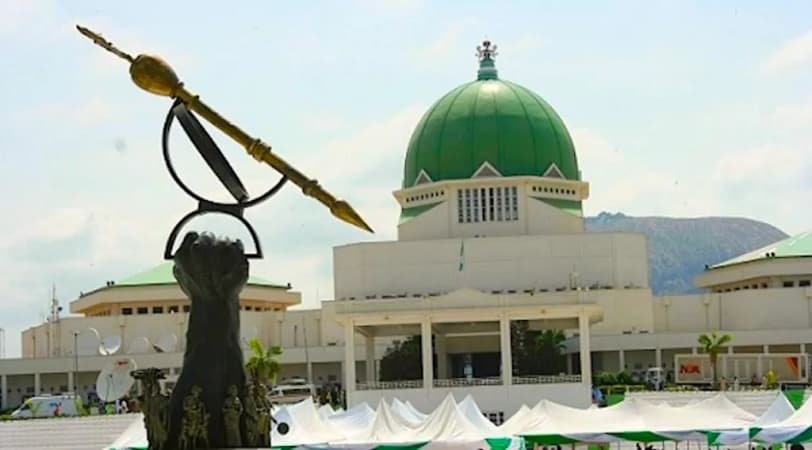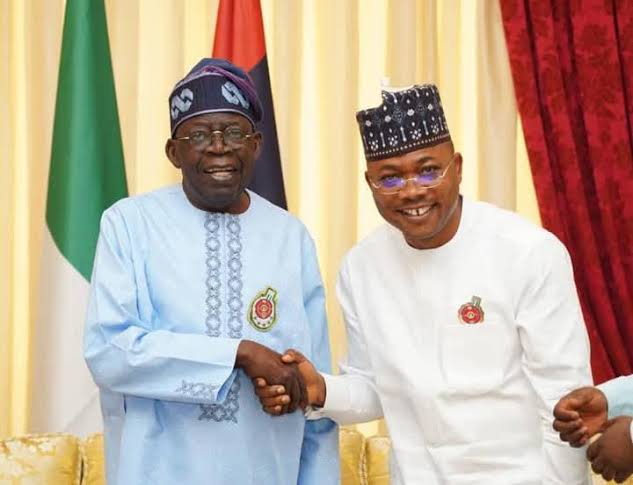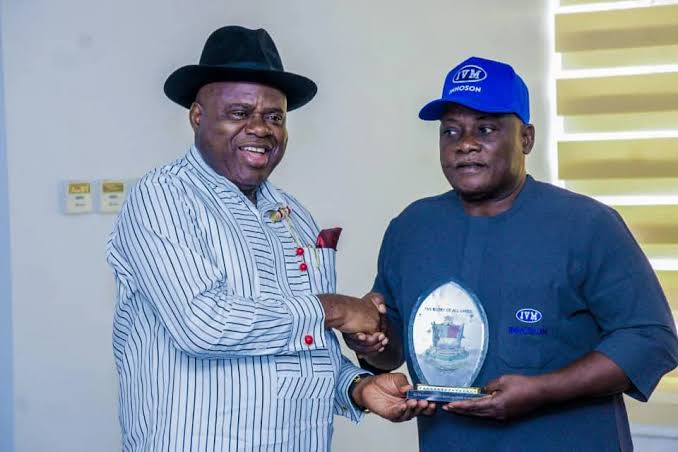By: Goodluck E. Adubazi, Abuja.
Nigeria’s electoral calendar may soon witness a historic shift as the National Assembly proposes that the 2027 presidential and governorship elections be held in November 2026 — six months before the end of the current administration’s tenure.
The proposal, contained in the Electoral Act (Amendment) Bill 2025, seeks to ensure all election litigations are concluded before the May 29, 2027 handover, ending years of disputed mandates and prolonged court battles into new administrations.
The draft amendment, unveiled Monday, 13th October, 2025, during a public hearing jointly organised by the Senate and House Committees on Electoral Matters in Abuja, drew wide participation from politicians, civil society groups, and the Independent National Electoral Commission (INEC).
Under the new framework, elections for President and Governors must be held no later than 185 days before the expiration of incumbents’ tenure, effectively fixing November 2026 as the next general election month.
Committee Chairman Hon. Adebayo Balogun explained that the measure aims to guarantee the completion of all election petitions before swearing-in day. “We’re proposing tribunal judgments within 90 days, appeals in 60 days, and Supreme Court decisions within the remaining period,” he said.
The bill also introduces mandatory electronic voting and result transmission, early voting for essential workers, and stricter penalties for electoral malpractice.
Section 60(5) of the draft bill provides that:
“The Presiding Officer shall transmit the results, including total number of accredited voters, to the next level of collation both electronically and manually.”
Failure to comply would attract stiff sanctions, including one year’s imprisonment, a ₦1 million fine, or both, for any official who issues unstamped or unverified ballot papers or result sheets.
A novel feature of the bill is the introduction of early voting, which allows security personnel, INEC staff, accredited observers, journalists, and ad-hoc officials to cast their ballots up to 14 days before election day.
This, according to the joint committee, will ensure that those on essential election duties do not lose their right to vote.
The proposals received strong endorsement from participants at the hearing, including INEC’s representative, Prof. Abdullahi Zuru, who said the reforms would “enhance electoral credibility, allow better planning, and minimise post-election pressure on the courts.”
INEC’s representative, Prof. Abdullahi Zuru, endorsed the proposals, calling them “a major step toward credible, timely, and stress-free elections.”
Observers hailed the reforms as “courageous and necessary,” saying they could finally give Nigeria’s democracy “room to breathe.”













